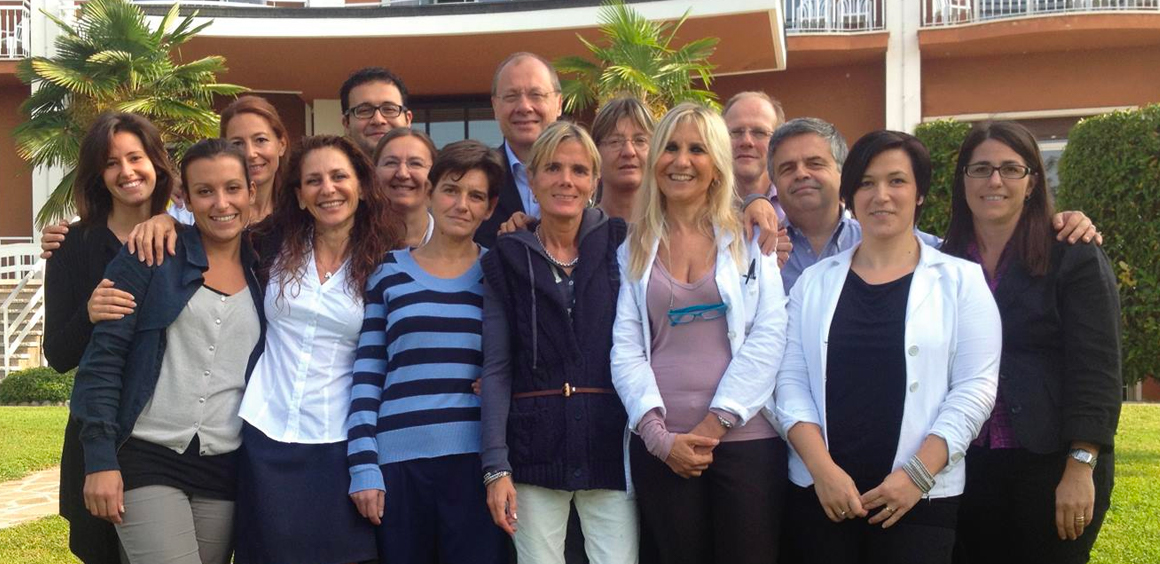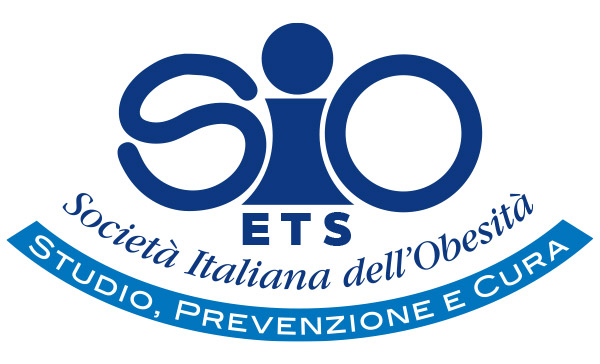
The Department of Eating and Weight Disorders has 49 beds (38 for regular inpatients and 11 for day patients), of which 38 are NHS accredited. It is divided into two wards: one for eating disorder treatment, and one for morbid obesity treatment.
EATING DISORDER TREATMENT
(anorexia nervosa, bulimia nervosa, and eating disorders not otherwise specified - EDNOS)
Treatment is based on enhanced cognitive behavioural therapy (CBT-E), considered by international guidelines as the most effective form of cure for all eating disorders. It includes the following procedures: (i) multidimensional diagnostic evaluation (medical, psychological , psychiatric, nutritional and physiatric); (ii) assisted eating; (iii) monitoring the patient’s weight and main expressions of eating disorders; (iv) weekly (round table) meeting with the patient and all members of the team; (v) individual psychotherapy; (vi) group therapy; (vii) family therapy (for adolescents); (viii) educational intervention: (ix) fitness sessions; (x) hospital school (for teenagers).
Individualized and flexible treatment, with a modular approach to therapy, to address each patient’s specific psychological issues, is conducted by a non-eclectic multidisciplinary team consisting of doctors, psychologists, psychiatrists, dietitians, physiotherapists and professional nurses.
The department is recognized at national and international level as a leading provider of eating disorder treatment. It collaborates in research on cognitive behavioural therapy applied to anorexia nervosa and eating disorders in adolescents, with Prof. Christopher Fairburn, at the Centre for Research on Eating Disorders at Oxford (CREDO).
The treatment is described in the following international publications:
- Dalle Grave R. (2013). Multistep Cognitive Behavioral Therapy for Eating Disorders: Theory, Practice, and Clinical Cases. New York: Jason Aronson
- Dalle Grave R. (2012). Intensive cognitive behaviour therapy for eating disorders. New York: Nova Press.
- Dalle Grave, R., Bohn, K., Hawker, D., Fairburn. C.G. (2008). Inpatient, Day Patient And Two Forms of Outpatient CBT-E. In C.G. Fairburn (Ed), Cognitive Behavior Therapy and Eating Disorders (pp. 231-244). New York: Guilford Press.
The treatment manual for patients is available in Italian:
- Dalle Grave R. (2016). Vincere i disturbi dell’alimentazione con il trattamento. Positive Press: Verona
The effectiveness of the treatment was evaluated in a randomized and controlled trial conducted in collaboration with Prof. Christopher Fairburn of Oxford University:
The treatment’s outcome is particularly promising for adolescents with anorexia nervosa, as evidenced by a study performed on patients under 18 years of age:
The outcome of the treatment in 2015, and a comparison with 2014 results, can be downloaded here:
An information booklet, on inpatient treatment for eating disturbances, applied at Villa Garda, can be downloaded here:
OBESITY REHABILITATION
The treatment is recommended for people with morbid obesity or with severe medical and/or psychological complications. The programme adopts the latest cognitive behavioural strategies for obesity therapy and provides the following general therapeutic procedures: (i) multidimensional diagnostic framing (medical, nutritional, psychological and physiotherapeutic); (ii) nutritional rehabilitation; (iii) physical rehabilitation; (iv) individual and group cognitive behavioural therapy; (v) stress management group therapy.
The treatment is conducted by a multidisciplinary non-eclectic team consisting of doctors, psychologists, psychiatrists, dietitians, professional nurses and physiotherapists.
In June 2012, the Nutrition Rehabilitation Unit of Villa Garda Clinic was accredited as an EASO Collaborating Centre for Obesity Management (COM) by the European Association for the Study of Obesity (EASO) - www.easo.org
In March 2015, the Nutrition Rehabilitation Unit of Villa Garda Clinic was selected as part of the network of the Italian Society for Obesity (SIO) Accredited Care Centres
The treatment manual for patients is available in Italian:
- Dalle Grave R. (2015). Perdere e mantenere il peso con il programma di Villa Garda. Positive Press: Verona
The effectiveness of treating morbid obesity has been assessed in a randomized and controlled tria: Dalle Grave R, Calugi S, Gavasso I, El Ghoch M, Marchesini G. A Randomized Trial of Energy-Restricted High-Protein versus High-Carbohydrate, Low-Fat Diet in Morbid Obesity. Obesity 2013;21:1774-1781.
The effectiveness of treating morbid obesity associated with binge eating, and morbid obesity not associated with binge eating, was evaluated in the following five-year follow-up case-control study: Calugi S, Ruocco A, El Ghoch M, Andrea C, Geccherle E, Sartori F, Dalle Grave R (2016). Residential cognitive-behavioral weight-loss intervention for obesity with and without binge-eating disorder: A prospective case–control study with five-year follow-up. International Journal of Eating Disorders:http://onlinelibrary.wiley.com/doi/10.1002/eat.22549/abstract
The 2015 treatment results can be downloaded here:
A booklet on the residential obesity treatment applied at Villa Garda can be downloaded here:
The following options are available for making an appointment with an Eating Disorder and Obesity Specialist, and for information on how to be admitted to the Nutrition Rehabilitation Unit of Villa Garda Clinic:
